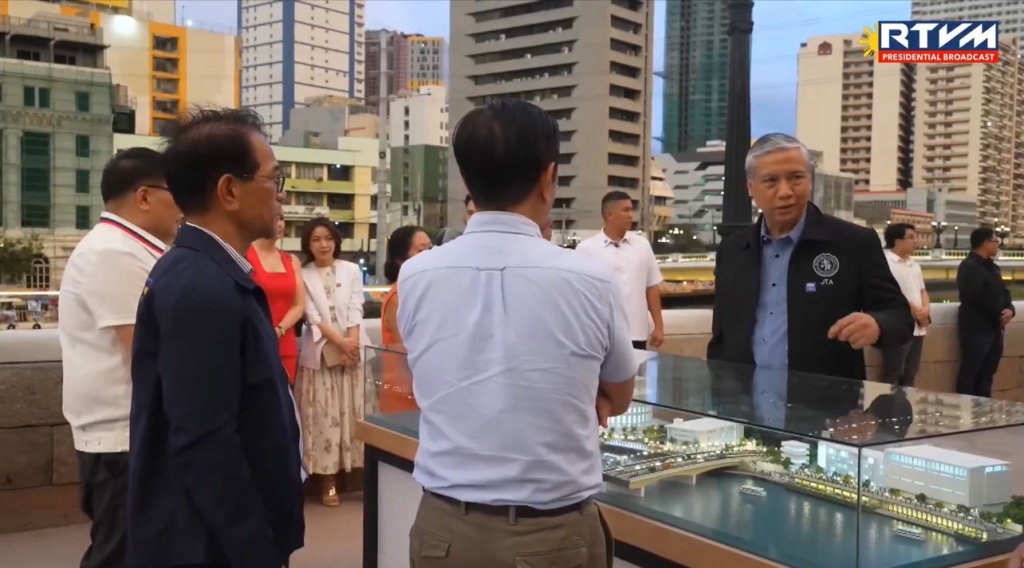By Louis ‘Barok’ C. Biraogo
In the recent clash between Senate Minority Leader Aquilino Pimentel III and the “Young Guns” of the House of Representatives, the spotlight has shifted from substantive governance to a contentious blame game. At the heart of the dispute is the dramatically increasing cost of the New Senate Building (NSB) in Bonifacio Global City, Taguig. The project’s budget has surged from an initial P8.9 billion to a staggering P23.3 billion, prompting a fierce debate over fiscal responsibility and transparency.
Representative Jay Khonghun’s assertion that Pimentel is diverting attention from the House’s budgetary concerns by criticizing the NSB project misses the larger picture. The core issue is not merely the allocation of funds but the principle of accountability in public spending. Pimentel’s call for scrutiny over the House’s budget increase—from P16 billion to P28 billion—highlights an essential truth: all branches of government must be held accountable for their financial decisions.
Historically, fiscal transparency has been a cornerstone of good governance. The Philippine Constitution mandates the prudent use of public funds, emphasizing that all government expenditures must be subject to public scrutiny (Article VI, Section 25). Moreover, the Government Procurement Reform Act (RA 9184) insists on competitive bidding to ensure the most advantageous terms for the government. The dramatic escalation in the NSB’s budget demands a thorough investigation to determine if these principles have been upheld.
Representative Jil Bongalon’s claim that Pimentel’s comparisons are unfounded ignores the broader context of public accountability. The public deserves a clear explanation for the House’s budget increase, just as much as they deserve transparency regarding the NSB project. Bongalon’s point that the House “does not have a P23-billion building project” does not absolve it from providing a detailed account of its budgetary allocations. Both legislative bodies must adhere to the same standards of fiscal responsibility.
Representative Rodge Gutierrez’s call for public officials to be open to scrutiny is well-founded. The explosive cost increase of the NSB project necessitates rigorous examination. The principles of accountability and transparency, championed by the late President Ramon Magsaysay, demand that public servants act as trustees of the people’s money, ensuring that every peso is spent judiciously. The Philippine Supreme Court, in its landmark decision in the case of *Ombudsman v. Paderanga*, reiterated the necessity for public accountability, underscoring that public office is a public trust.
The House’s critique of Pimentel, suggesting he is being “onion-skinned” about the NSB’s budget scrutiny, reveals a fundamental misunderstanding of democratic oversight. The escalation from P14.4 billion to P23.3 billion is not a minor discrepancy; it represents a significant fiscal anomaly that warrants detailed investigation. The House’s call for transparency must extend to its own financial practices, ensuring that its budgetary increases are equally justifiable and scrutinized.
In light of these issues, several recommendations are paramount:
1. Independent Audit: Both the NSB project and the House’s budget increase should undergo an independent audit by the Commission on Audit (COA). This will provide an impartial assessment of the financial propriety involved in both cases.
2. Public Hearings: The Senate and the House should conduct public hearings to explain their respective budgetary allocations. This will enhance transparency and allow the public to hold their representatives accountable.
3. Stricter Oversight: Strengthen the oversight functions of both legislative bodies to ensure all significant expenditures are rigorously examined before approval. This could involve establishing a joint congressional committee dedicated to monitoring large-scale public projects.
4. Enhanced Reporting: Mandate detailed quarterly reports on the progress and expenditures of significant projects like the NSB. These reports should be publicly accessible to ensure continuous transparency.
5. Fiscal Responsibility Training: Implement mandatory training for legislators on fiscal responsibility and public finance management to enhance their understanding and stewardship of public funds.
The Senate and the House of Representatives must transcend their partisan squabbles and refocus on their primary responsibility: safeguarding the public’s interest through prudent, transparent, and accountable governance. The escalation in the NSB project’s cost and the substantial increase in the House’s budget underscore the urgent need for comprehensive financial oversight. Only through rigorous accountability can public trust in the government be restored and upheld.

- Pagtataguyod ng Healthcare: Si Vargas, Herbosa, at ang Bagong Masterplan

- A New Dawn for Justice: Supreme Court’s Bold Move Against Judicial Corruption

- A Political Tug-of-War: The Battle for Opposition Leadership in the Philippines

- PNP Chief’s Directive Against Illegal POGOs: An Analysis

- Axes and Ambiguity: China’s Dangerous Tactic in Territorial Disputes









Leave a comment